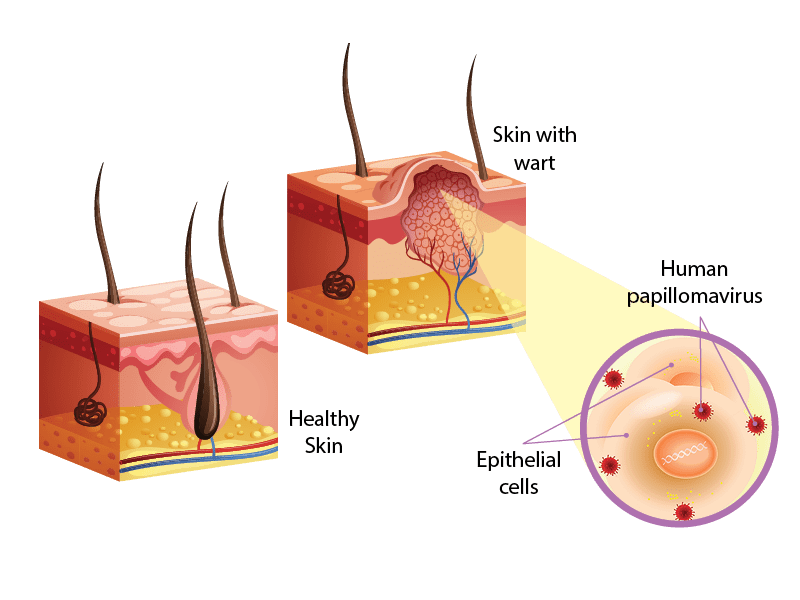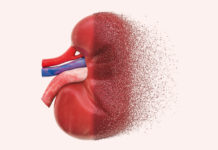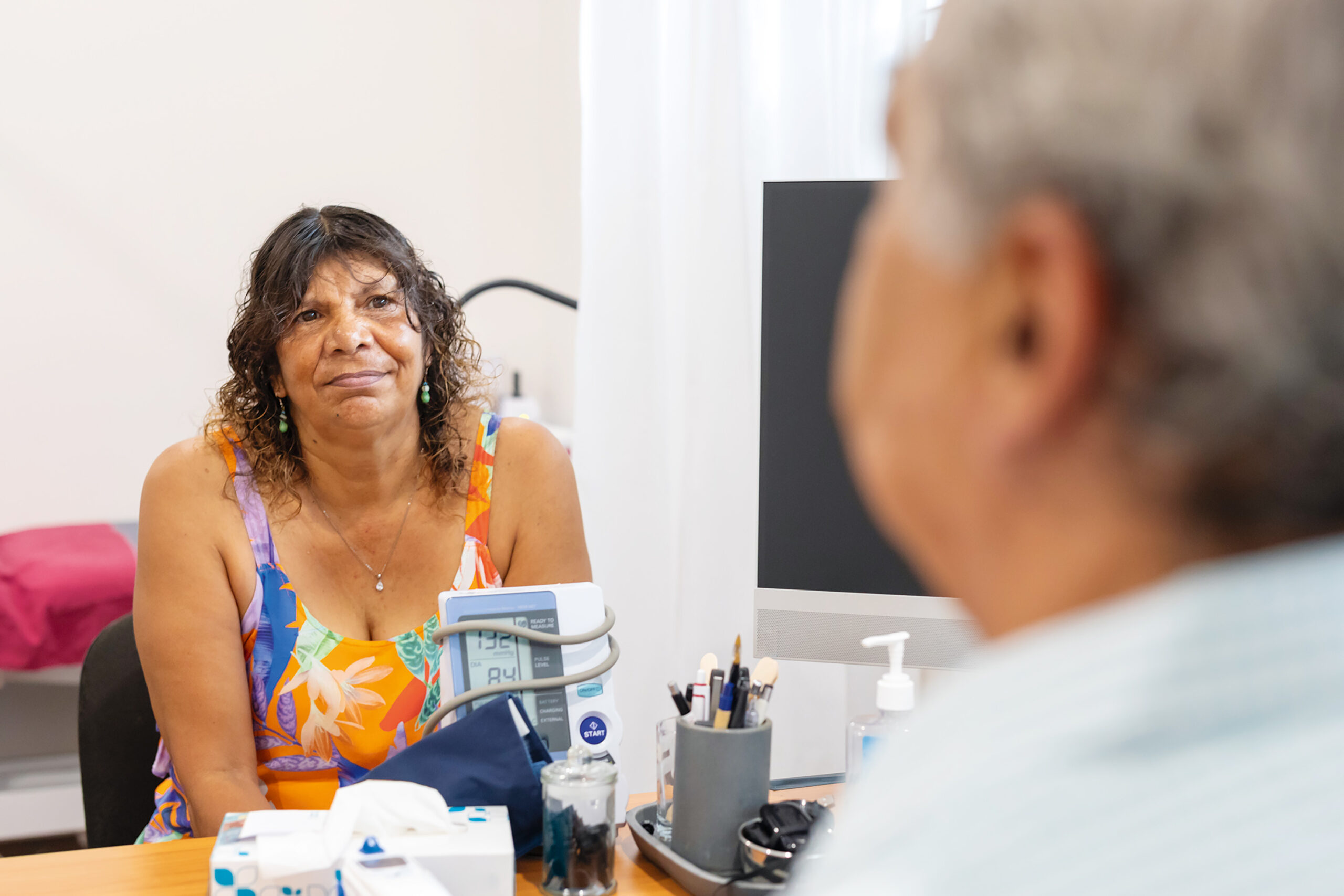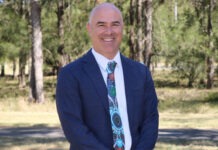Distinguished Professor Gregory Peterson FPS has co-owned two pharmacies, been a hospital pharmacist and advised Sigma Pharmaceuticals. Now it’s teaching, research and other varied roles.
How did you come to lead state and national projects aimed at improving the use of medicines and patient outcomes in community, hospital and aged care sectors?
This was a natural progression in my career. I started out as an undergraduate pharmacy student at a school that pioneered clinical pharmacy education, which allowed me to spend time in general medical practices, aged care settings, and community and hospital pharmacies.
I then attended nursing home ward rounds and wrote therapeutic bulletins for GPs while an intern pharmacist. After that I worked as a community and hospital pharmacist in low socioeconomic areas of Hobart and Melbourne where medicine-related issues were very prevalent.
I’ve also been fortunate to keep practising in community pharmacy throughout my academic career, which is critically important for learning about real-world experiences of consumers and seeing what needs tackling through research to improve outcomes from medicine use.
What sort of person excels in the role you’ve carved out?
Someone with an equally short attention span, who rapidly gets bored doing one activity and craves variety, and likes to be in the underdog’s corner.
What’s the biggest challenge you face?
The biggest challenge is balancing – somewhat successfully – a multitude of roles and activities ranging from laboratory-based and clinical research through to practice as a community pharmacist, consulting, writing, and being a board director of community organisations that are pivotal to health care delivery in Tasmania.
What’s most satisfying about your work?
Apart from the variety, being lucky enough to be in a position to directly help others, whether that be students, fellow academics and pharmacists, patients or the public through ongoing roles in teaching, research, pharmacy practice, consultancy and board director positions.
Any fulfilling experiences you’ve recently experienced?
The most fulfilling and motivating aspect I regularly see in our pharmacy, located in a suburb of predominantly older residents, is the many elderly people – some who have
reached 100 years of age – who are such positive role models in society.
They’re modest and unassuming, they remain active and engaged, and they appreciate assistance when managing their medicines.
What do you wish you’d known before embarking on your career?
I was probably naïve in assuming everyone in the profession was focused on improving public health outcomes, when instead there is self-interest and greed at both an individual and organisational level.
That has, unfortunately, stymied the advancement of pharmacy practice in this country compared with some others. For example, the routine presence of pharmacists working in general practice and aged care settings as part of a team, with associated prescribing privileges in a collaborative model, should have occurred many years ago.
Any other interesting insights?
Ending on a positive note, I think that the self-interest that has held back the profession for so long is now being diluted through pressure from many quarters, including an army of low-paid yet highly skilled pharmacy graduates, continued trimming of Pharmaceutical Benefits Scheme dispensing costs, the Commonwealth, consumers, the impact of the Royal commission into Aged Care Quality and Safety, and Quality Use of Medicines (QUM) and medicines safety becoming the 10th National Health Priority Area.
It’s a great time to enter the profession for those committed to helping society.
A TYPICAL DAY for Distinguished Professor Gregory PetersonMORNING Teaching, student meetings, manuscript work
AFTERNOON Meetings, lesson preparation, research, writing
EXERCISE Usually 30 minutes of high-intensity work on the treadmill or exercise bike. EVENINGS Reviewing, writing, reading
SATURDAYS Working as a community pharmacist
|
Further resources
Want to find out more about different career pathways for pharmacists? Visit www.psa.org.au/careerpathways




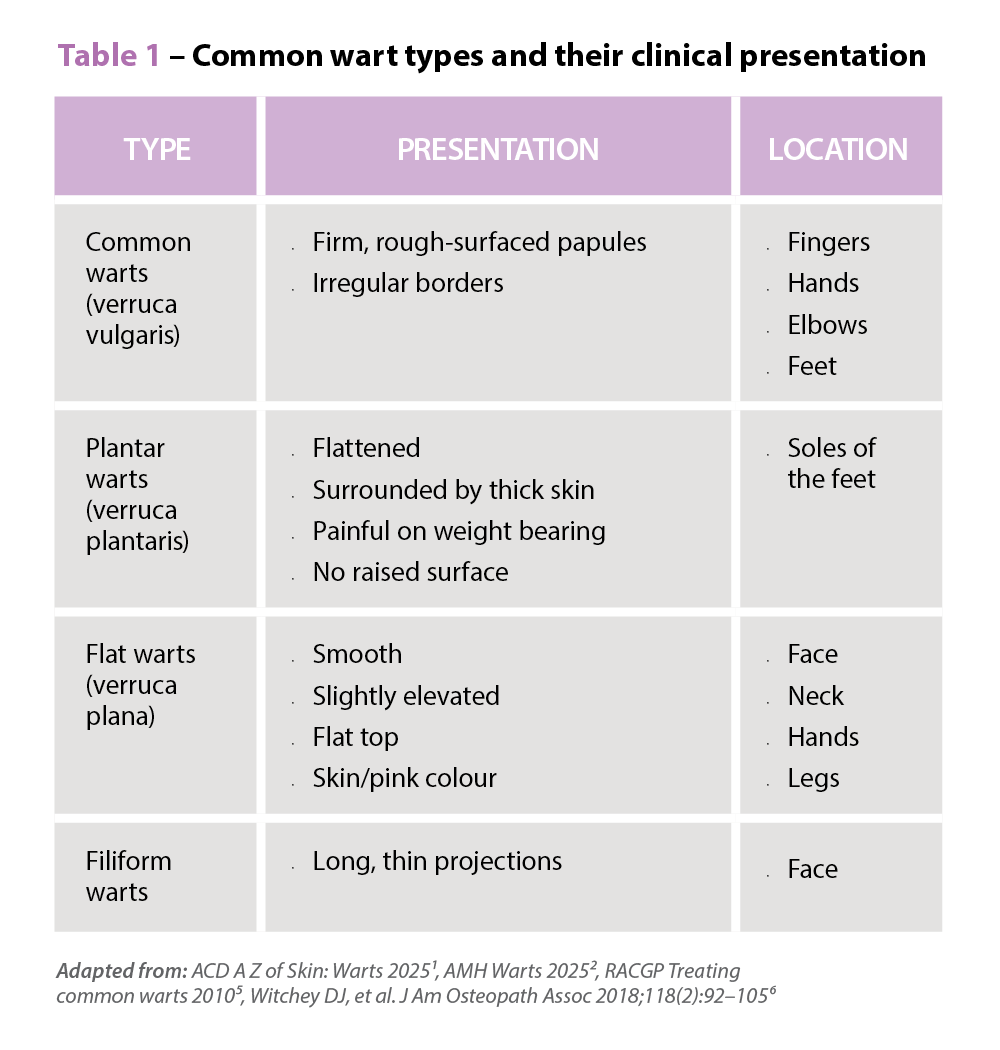 Symptoms
Symptoms